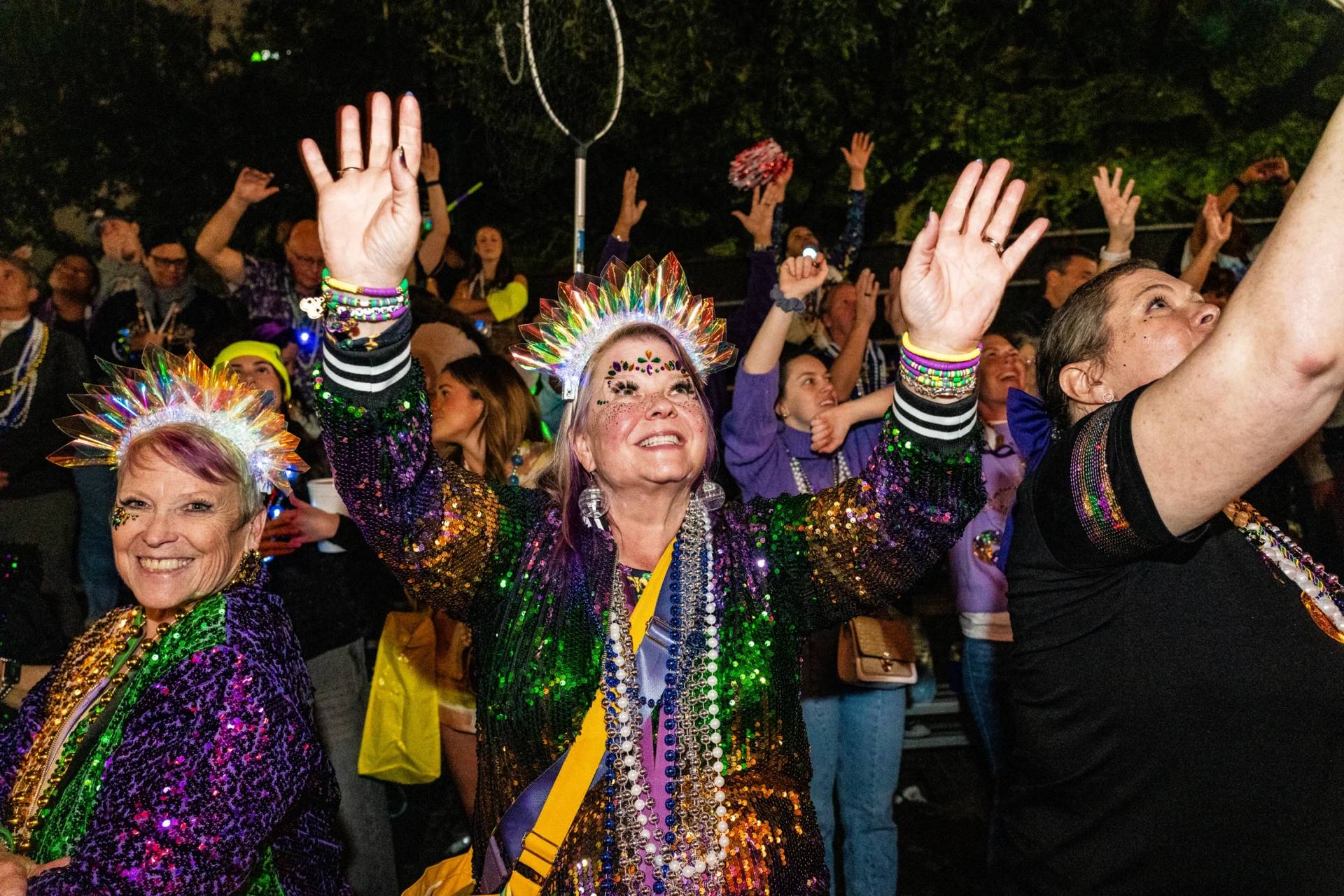NEW YORK – Preparing to visit the hospital where many of the victims of an elementary school shooting in Uvalde, Texas were brought on May 24, Archbishop of San Antonio Gustavo García-Siller’s voice shook with disbelief as he vowed that the archdiocese “is going to be there with [the victims’ families], for them,” and do “whatever it takes” to support them.
An 18-year-old gunman opened fire at Robb Elementary School, killing at least 19 children and two adults, officials said. The gunman died at the scene.
The suspect — identified as a student at nearby Uvalde High School and a resident of the community — entered the elementary school with a handgun and possibly a rifle, Texas Governor Greg Abbott said. Officials have not revealed a motive for the shooting.
Uvalde is about 85 miles west of San Antonio, and part of the San Antonio Archdiocese. It has a population of around 16,000. Robb Elementary School has an enrollment of just under 600 students and serves students in second, third, and fourth grades, School District Chief of Police Pete Arredondo said at a news conference.
The names and ages of the victims have not been released.
“I don’t know what to make of all of this,” García-Siller told Crux. “It’s horrible news in the middle of the pandemic, the war, social unrest, the division, the political debates that are fragmenting more and more of our society and something like this is wounding people’s lives in a very profound way.”
Last night, García-Siller visited Uvalde Memorial Hospital, where many of the shooting victims were taken. He then led an 8 p.m. Mass at Sacred Heart Catholic Church in Uvalde for the community and for the people who have been impacted directly.
In a statement, the United States Conference of Catholic Bishops lamented that “there have been too many school shootings, too much killing of the innocent.”
“Our Catholic faith calls us to pray for those who have died and to bind the wounds of others, and we join our prayers along with the community in Uvalde and Archbishop Gustavo García-Siller,” the nation’s bishops said through Chieko Noguchi, USCCB director of public affairs. “As we do so, each of us also needs to search our souls for ways that we can do more to understand this epidemic of evil and violence and implore our elected officials to help us take action.”
President Joe Biden has directed that American flags be flown at half-staff through sunset on Saturday in honor of the shooting victims. In remarks from the White House, Biden asked the nation to pray for the victims and “give the parents and siblings the strength in the darkness they feel right now.” He also called for action.
“Why are we willing to live with this carnage? Why do we keep letting this happen?” Biden said. “It’s time to turn this pain into action for every parent, for every citizen of this country.”
The May 24 shooting was the deadliest at a U.S. elementary school since a gunman killed 20 children and six adults at Sandy Hook Elementary in Newtown, Connecticut in 2012. The shooting also comes 10 days after a gunman killed 10 people at a supermarket in Buffalo, New York.
Speaking to Crux, García-Siller spoke out against U.S. gun culture, and our elected leaders “that in general don’t have the courage to control guns in the country.”
“We the people are on the edge,” he said. “We don’t know much about the person who committed these killings, but whatever the case is, arms are available and people are dying and we have made guns as idols, in our faith we would call idolatry, but they are sacred to the point that we don’t take measures to help avoid these situations. It’s horrible.”
“This is just outrageous. So many people are killed daily all over the country because of the use of guns and we protect them. We need to protect people,” he continued. “We are all praying and all of that is a tremendous help morally, spiritually, even humanely, to be close with the people, but it’s a systemic problem.”
The archbishop challenged the U.S. Catholic Church to be more vocal on the topic.
“So, when we say that we are respecting life, how are we going to do it in this field? How are we going to let the dignity of the human person shine?” García-Siller said. “God has mercy and that’s why we have hope because we know with whom we can place our trust, but in the meantime, there are not really people with integrity and dignity dealing with these issues.”
“Transformed by hope, we will rebuild our tomorrow,” he continued.
Follow John Lavenburg on Twitter: @johnlavenburg














